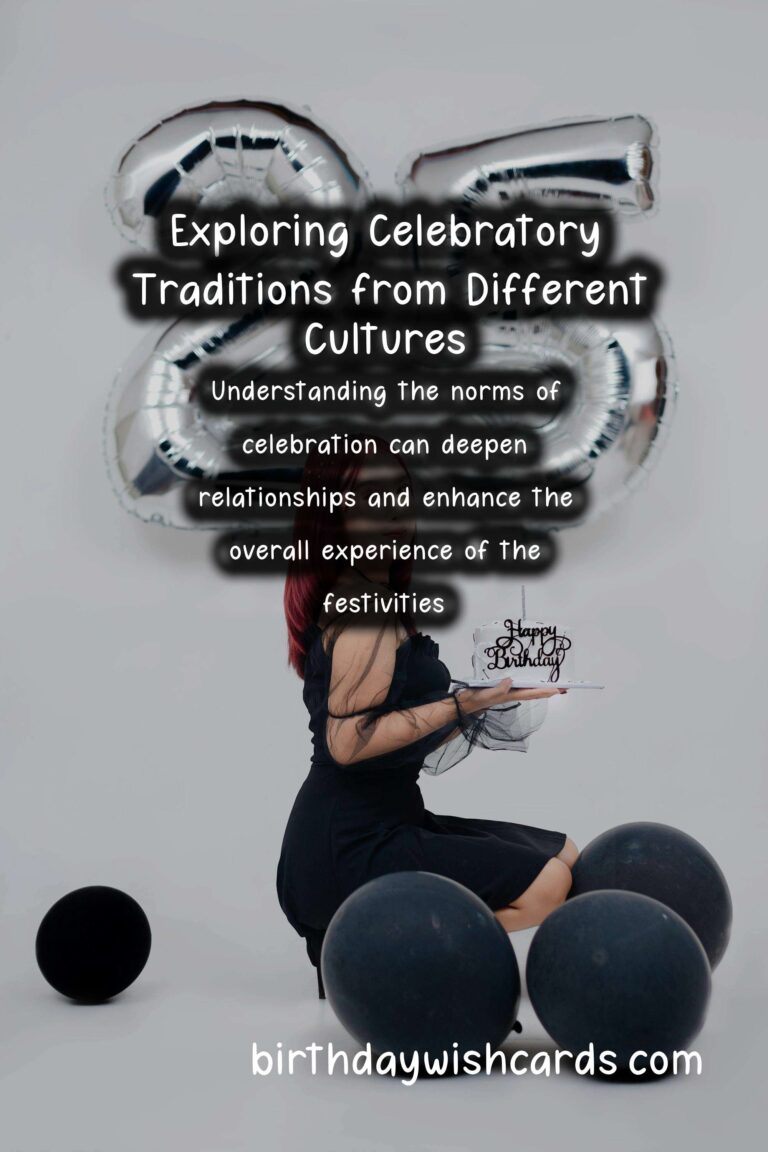
Celebrations bring people together, serving as a bridge between cultures, traditions, and values. Around the globe, how we celebrate varies immensely, with each culture boasting its own unique practices and etiquette. In this comprehensive guide, we will explore various celebratory traditions around the world, delving into the etiquette that inspires awe and respect.
1. Introduction to Celebration Etiquette
Celebration etiquette is not just about knowing the right fork to use or when to clap; it represents a deeper understanding of cultural values and social connections. Understanding the norms of celebration can deepen relationships and enhance the overall experience of the festivities.
2. The Importance of Cultural Sensitivity
When attending celebrations in different cultures, being aware of cultural sensitivity is paramount. Respect for varying traditions can prevent faux pas and promote mutual respect. From wedding ceremonies to annual festivals, each occasion holds significance that deserves recognition.
3. Celebrations in Major Cultures
3.1. Indian Weddings
Indian weddings are renowned for their grandeur, color, and festivity. Guests are expected to dress elaborately, often in traditional attire. It is customary to greet the couple with blessings and gifts, reflecting the importance of community and family in Indian culture.
3.2. Chinese New Year
The Chinese New Year is steeped in traditions that display respect for ancestors and the welcoming of good fortune. The etiquette includes giving and receiving red envelopes, ensuring that good luck is passed on, and participating in family reunions, which symbolize unity.
3.3. Japanese Tea Ceremony
The Japanese tea ceremony, or ‘Chanoyu,’ is an intricate ritual influenced by Zen Buddhism. Participants must follow precise etiquette, like bowing, serving tea in a particular order, and using specific gestures that embody tranquility and respect.
3.4. Middle Eastern Festivals
Middle Eastern celebrations, such as Eid, are marked by generosity and hospitality. Sharing meals with family and friends is customary, and engaging in community prayers shows reverence. Understanding these practices illustrates the value placed on relationships.
4. The Etiquette of Gift Giving
Gift giving is a universal practice, but etiquette varies vastly. In Japan, for example, gifts are usually wrapped beautifully and presented with both hands, while in some Western cultures, the focus may be on the thought behind the gift.
5. Food Etiquette Across Cultures
The manner in which food is consumed during celebrations often reflects cultural identities. In Ethiopia, for instance, it is customary to eat with one’s hands from a communal platter, emphasizing family bonds, while in Western traditions, formal table settings dictate the dining experience.
6. Dress Codes: A Cultural Reflection
The dress code for celebrations can provide insight into cultural importance. In many cultures, wearing traditional attire signifies respect and acknowledgment of the occasion. For example, during Diwali, Indians don bright colors, symbolizing joy and prosperity.
7. Celebrations to Experience
7.1. Carnival in Brazil
Carnival in Brazil is a dazzling display of rhythm, dance, and community spirit. The etiquette of participating involves not only dressing vibrantly but also engaging respectfully with local traditions and celebrations.
7.2. Oktoberfest in Germany
Oktoberfest is not just a beer festival but a celebration of Bavarian culture. Attendees are encouraged to wear traditional outfits like lederhosen or dirndls, and understanding local customs around toasting and drinking etiquette enhances the experience.
8. Conclusion: Embracing Global Etiquette
Understanding celebration etiquette enables us to embrace diverse cultures and foster connections. Whether you’re attending a wedding in India, a tea ceremony in Japan, or Carnival in Brazil, approaching each celebration with an open heart and mind will surely impress and inspire.
Celebrations bring people together, serving as a bridge between cultures, traditions, and values. Understanding the norms of celebration can deepen relationships and enhance the overall experience of the festivities. 
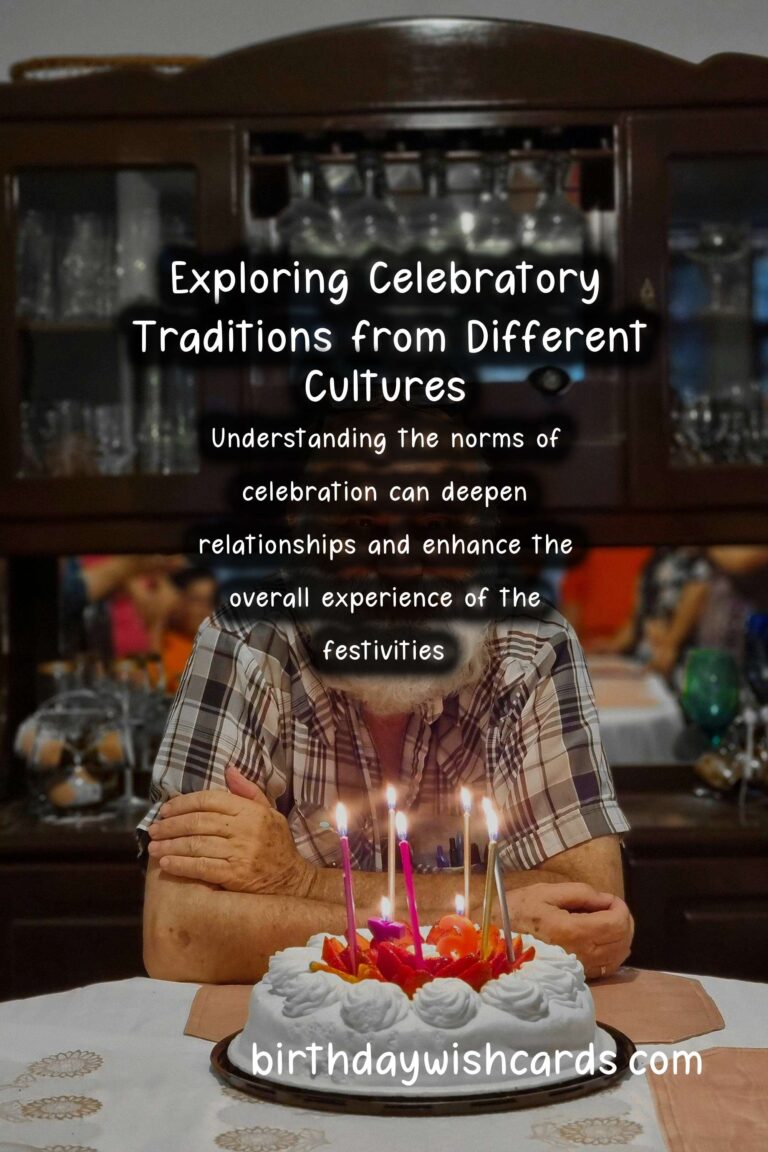
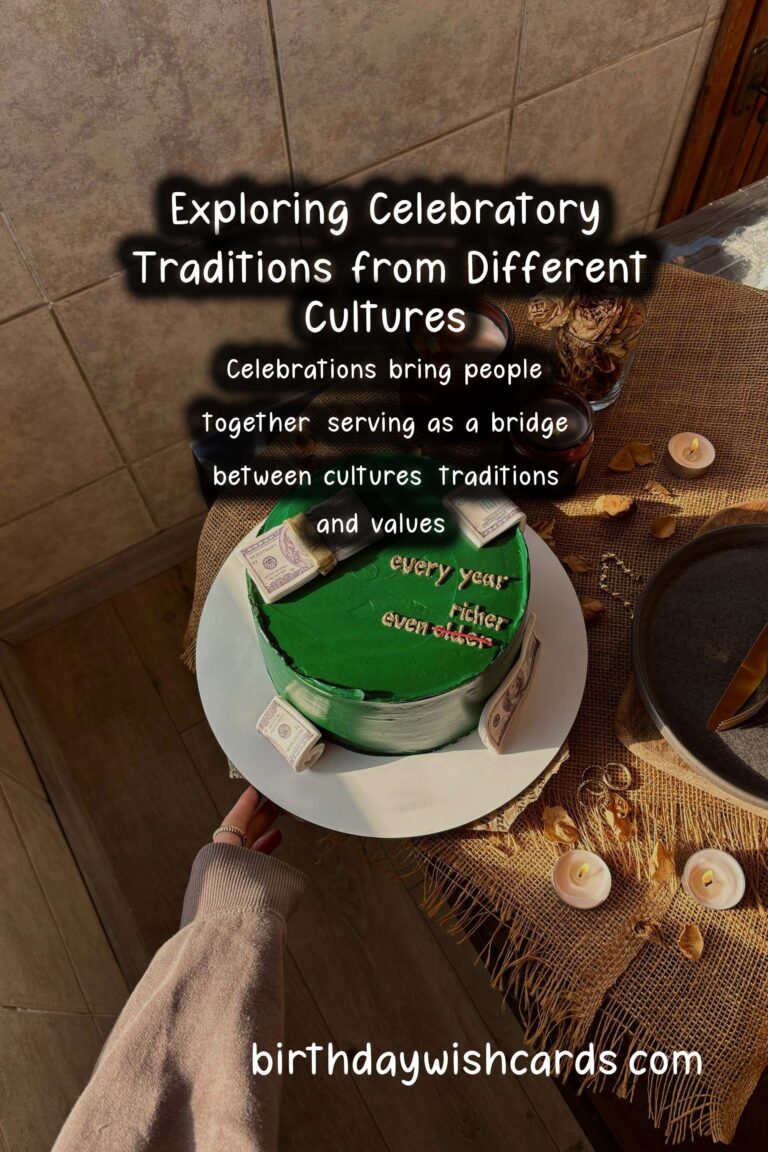
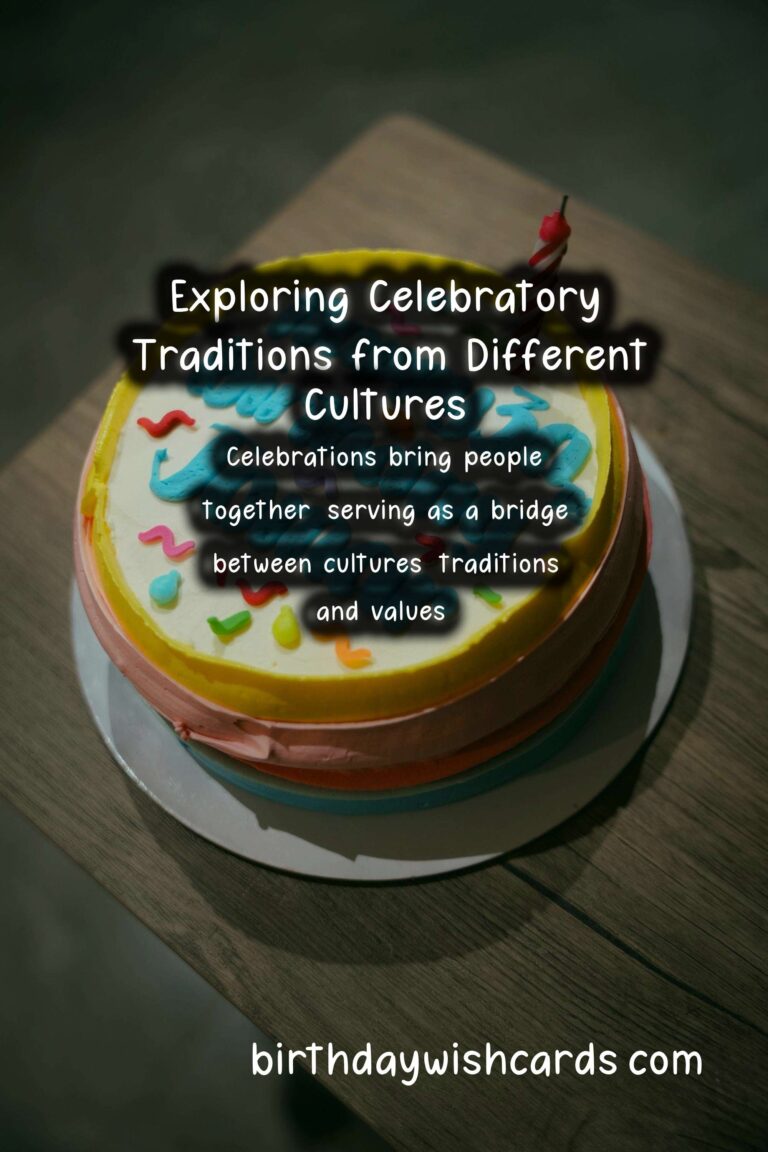
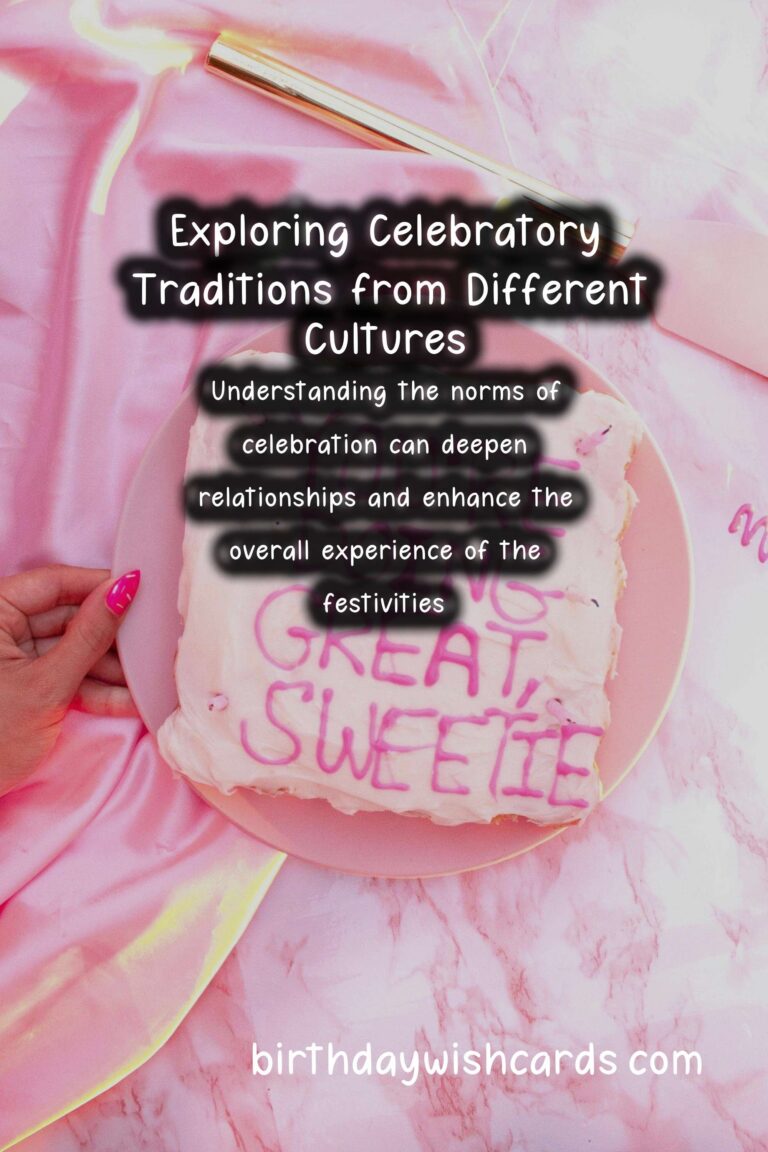
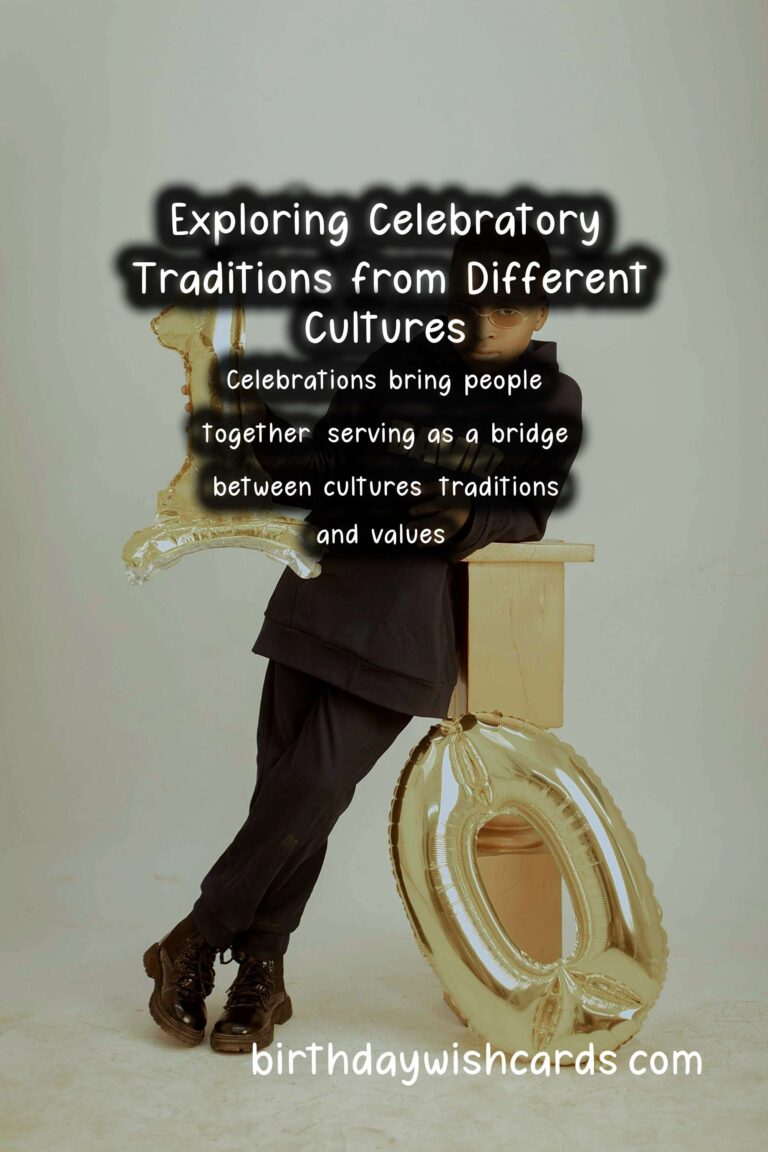
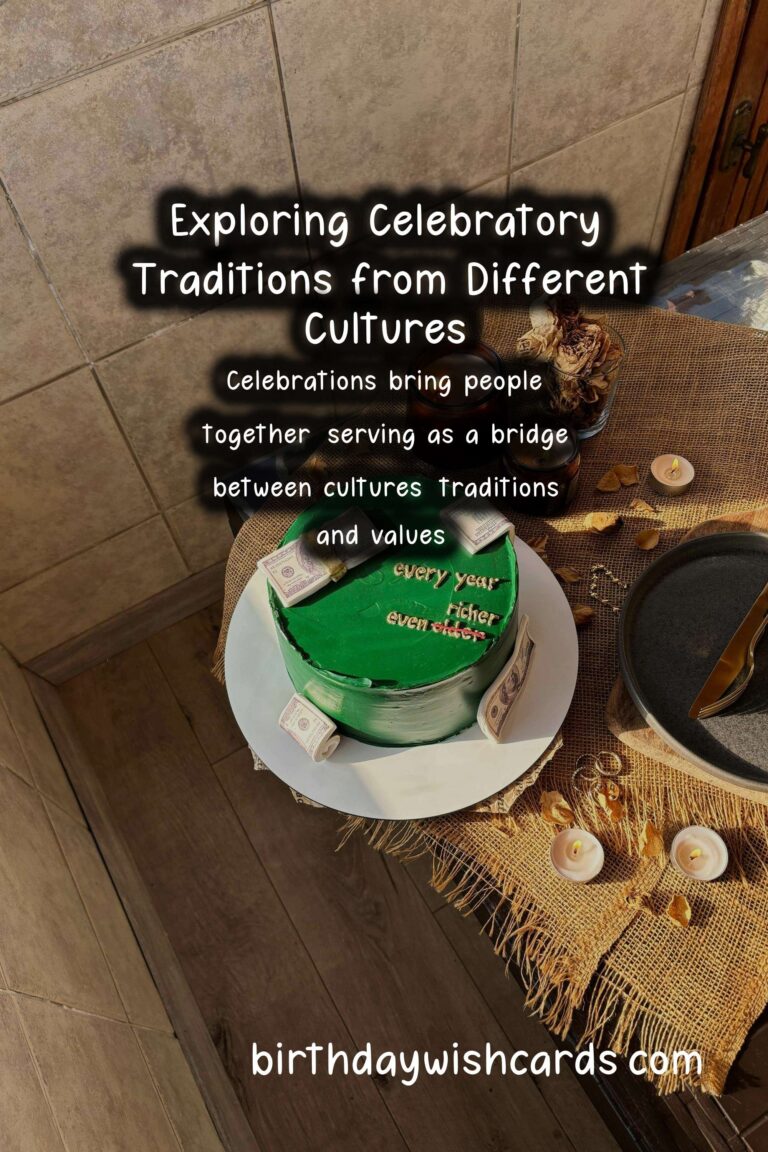
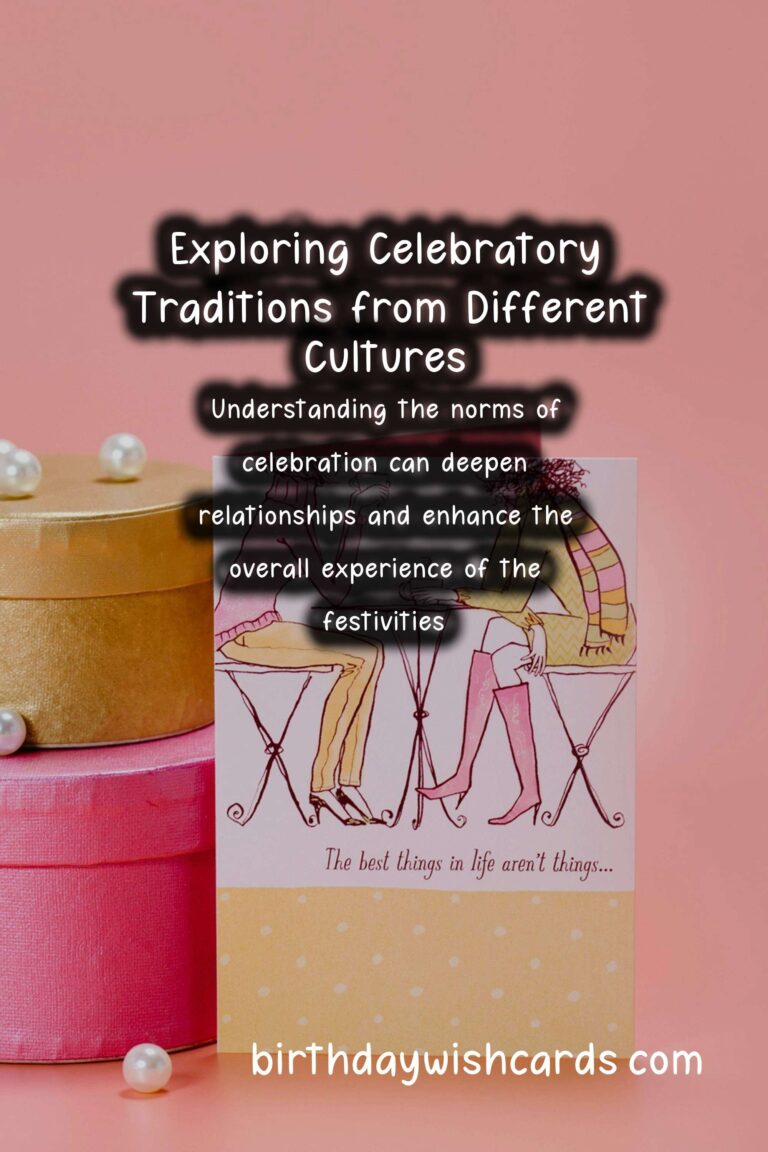
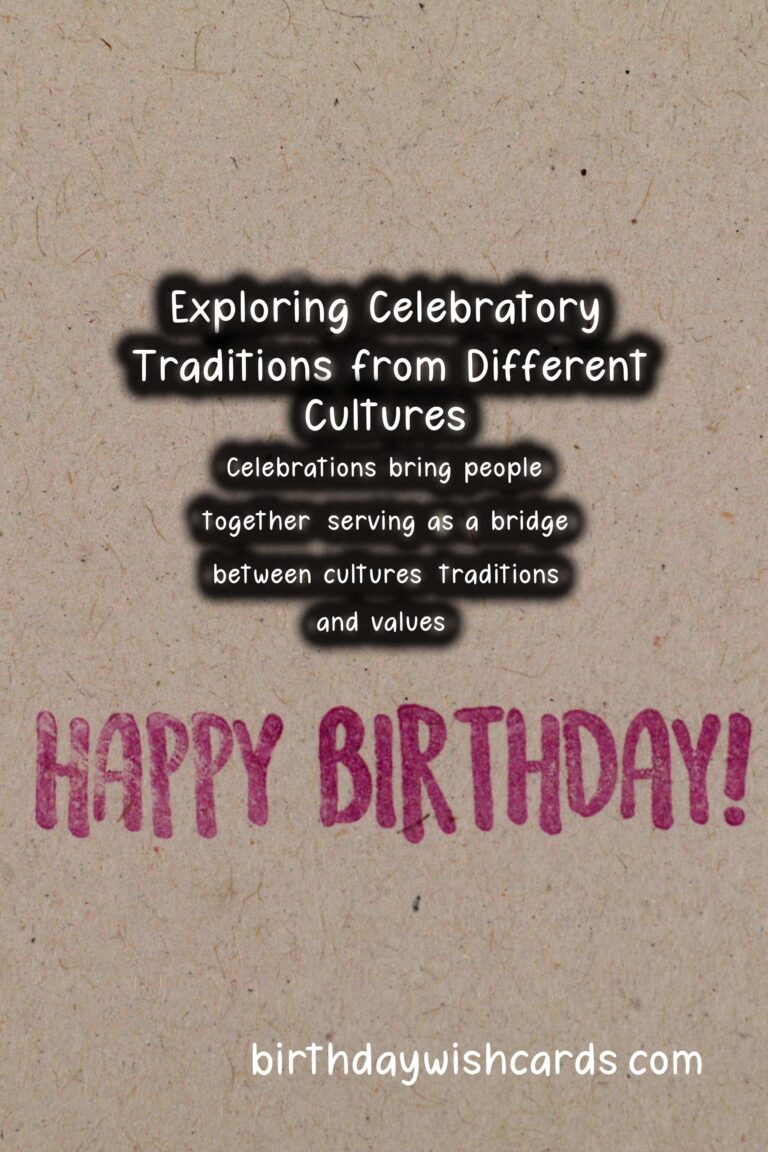
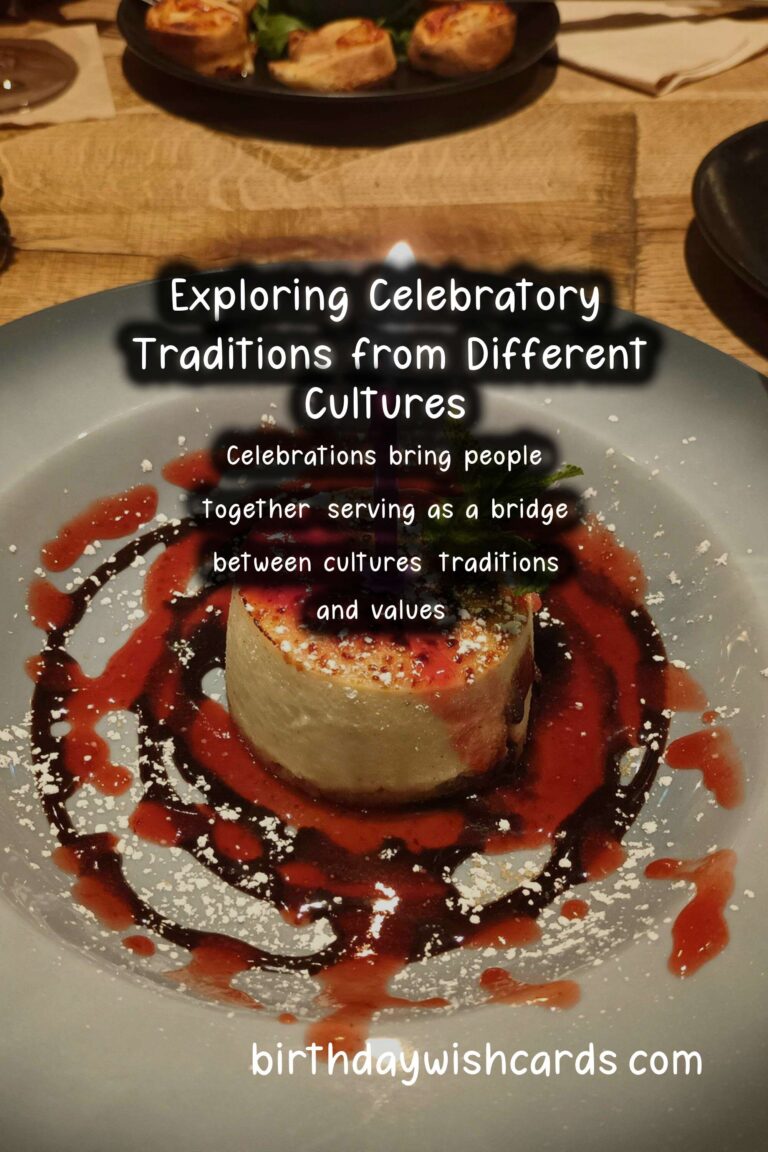
#Celebrations #CulturalEtiquette #WorldTraditions #DiverseCultures




